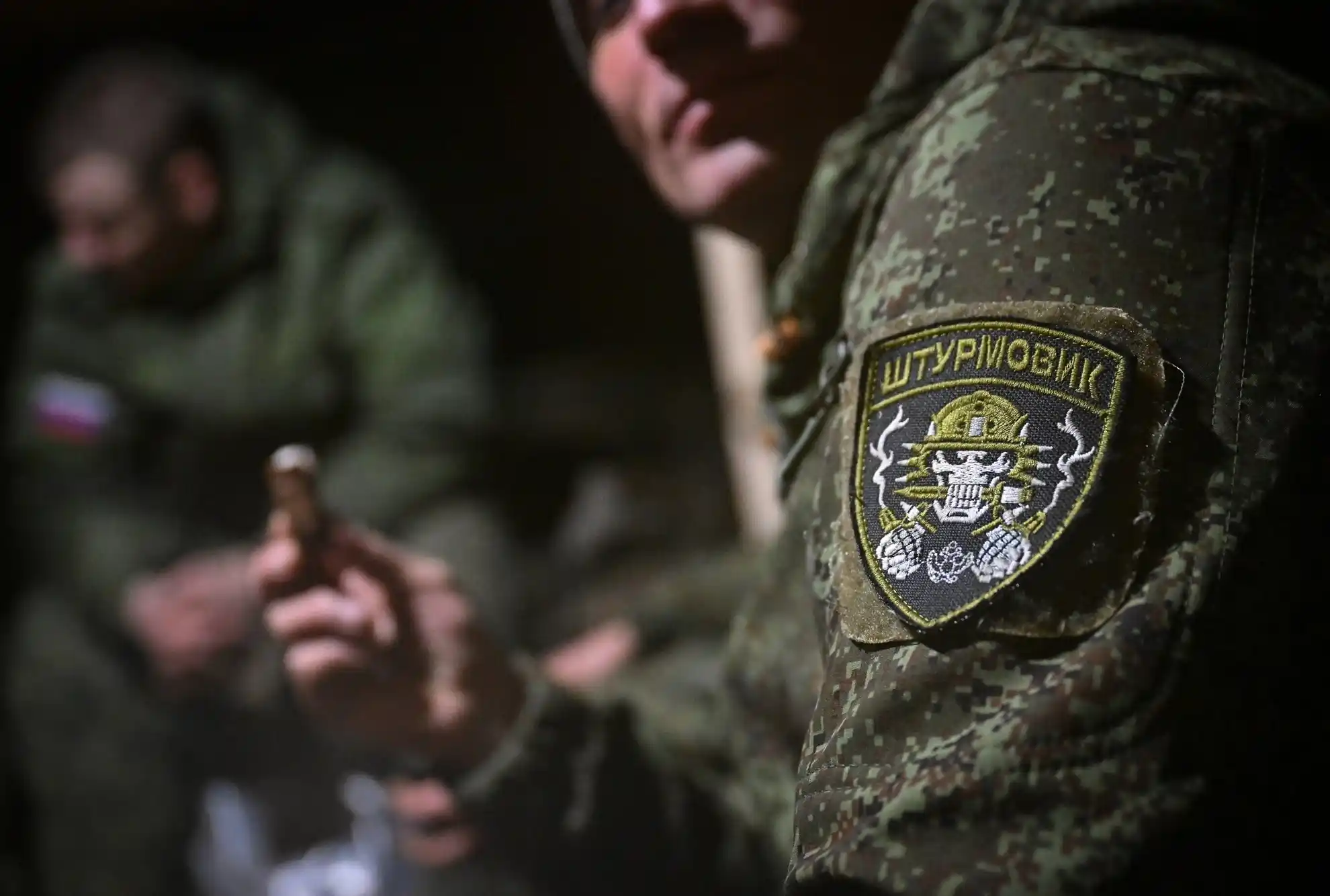A recent study conducted by the Higher School of Economics (HSE) between April and May 2024 has revealed a severe mental health crisis in Russia, with nearly half of the population experiencing significant psychological distress. The situation has deteriorated further since the onset of the war in Ukraine, highlighting deep-rooted mental and nervous disorders within Russian society.
Widespread Emotional Distress
According to the survey, 47% of respondents reported experiencing nervous breakdowns, depression, or poor emotional well-being over the past 12 months. Of particular concern are those who frequently or almost daily suffered from these conditions. The study found the following rates among this group:
- Lack of motivation: 44.6%
- Low mood: 36.3%
- Severe nervousness: 32.6%
- Inability to control emotions: 21.0%
- Feelings of loneliness: 26.7%
Overall, more than half of respondents (58.3%) reported experiencing at least one of these negative emotional states frequently or almost daily. Among them, nearly two-thirds (65.9%) acknowledged recent episodes of nervous breakdowns, depression, or general mental health struggles. Alarmingly, around half of those experiencing such difficulties stated that their psychological well-being had worsened over the past year.
Gender and Socio-Economic Factors
The study highlights significant gender disparities in mental health, with women being 1.5 times more likely than men to suffer from both moderate and severe stress. However, factors such as employment status, higher education, and city size appeared to have little impact on mental health outcomes.
Income level, on the other hand, played a crucial role. Stress levels were significantly lower among the wealthiest respondents. In the highest income quartile:
- Moderate stress: 16.3%
- Severe stress: 9.9%
By contrast, in the lowest income quartile, stress levels were markedly higher:
- Moderate stress: 26.3%
- Severe stress: 21.6%
Age Differences and Vulnerability
The survey also revealed striking age-based variations in stress levels, with younger people being disproportionately affected. Among respondents aged 56 and older, only 6.5% reported severe stress and 12.7% moderate stress. In the 36–55 age group, these figures increased to 14.3% (severe) and 24.6% (moderate). The youngest respondents, those under 35, showed the highest levels of distress:
- Severe stress: 23.3%
- Moderate stress: 28.5%
A Crisis Deepened by War
The findings indicate that older men with financial stability—who often hold positions of power—are the least affected by mental distress. In contrast, young women with limited financial resources are among those most severely impacted.
The ongoing war in Ukraine appears to have exacerbated Russia’s mental health crisis, leaving millions struggling with psychological distress. As the situation continues, these trends underscore the urgent need for mental health interventions and support systems to address the worsening crisis.


















